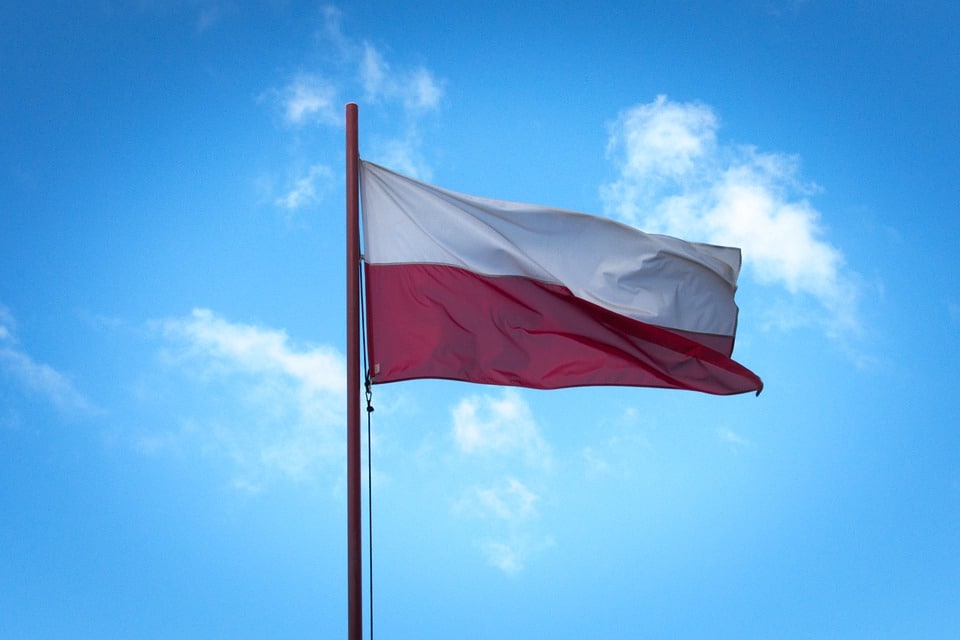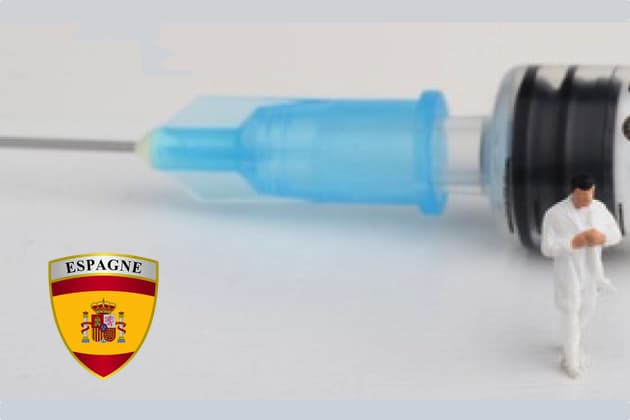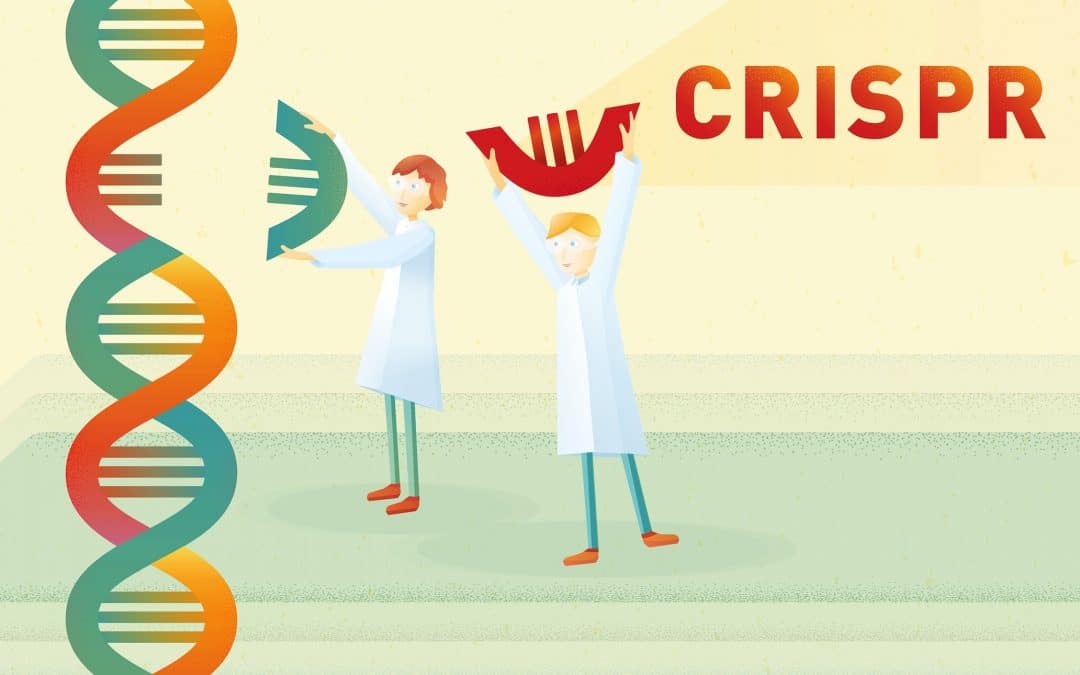
by Alliance VITA | October 23, 2020 | Abortion, News
On October 22, 2020, in a plenary session, the Polish constitutional court ruled that abortion on grounds of impairment or illness of the unborn child is a violation of the Polish constitutional right to life. Simultaneously, the court called for the government to do more to support sick and disabled children and their families.
This decision would affect any abortions performed due to a “severe and irreversible malformation” of the fetus or an «incurable or life-threatening disease”.
By rendering this historical decision, the court upheld the basic principle that all human life must be protected, starting from conception, and that this basis takes precedent over health concerns. The ruling cited an official document from the United Nations Disability Rights Council in 2018: “Laws that explicitly allow for abortion on grounds of impairment violate the Convention on the Rights of Persons with Disabilities (Art. 4.5 and 8) ».
This judgment will become effective once published in the Journal Officiel, which is an oficial and daily publication of the Polish Governement to inform all citizens about legal texts.

by Alliance VITA | October 16, 2020 | Euthanasia and Suicide, News
On 30 September 2020, the Spanish Bioethics Committee issued a report contesting the bill on euthanasia.
The bioethics committee does not regard euthanasia as a right. Quite the opposite. The committee insists on improving patients’ quality of life and advocates further development of palliative care. It recommends intensifying the fight against pain and improving the guidelines for sedating patients with unbearable suffering.
Neither does the bioethics committee consider euthanasia to be a sign of progress.
On the contrary, if the value of human life is measured according to criteria such as one’s usefulness to society, economic interests, being a burden to the family or to public finances, the committee believes this constitutes a hallmark of civilization’s decline.
The bioethics’ report warns that patients might request euthanasia if they are convinced of having no other option, and if government officials endorse it as a means of reducing healthcare costs.
The day after the committee issued its’ report against euthanasia, 160 lawyers also called for the government to abandon the bill which violates human dignity as well as most of the fundamental rights guaranteed by the constitution and by the Universal Declaration of Human Rights.
Indeed, such a bill to legalize euthanasia would violate several articles in the Spanish constitution which protects the dignity of every individual and his inalienable rights to equality and non-discrimination, to the protection of his life and health, including when he becomes vulnerable, and especially when he suffers physical, sensory and psychological impairment, or when he reaches an advanced age.
Legalizing euthanasia poses a serious threat to sick and elderly individuals.
The COVID pandemic and the subsequent gruesome discoveries in Spanish nursing homes highlighted how desperately we need a genuinely caring society, which doesn’t leave anyone behind, however vulnerable, and which establishes fraternal bonds.

by Alliance VITA | October 15, 2020 | Surrogacy, News
On October 13, the Versailles Court of Appeal ruled against the OVH company which provided hosting for a website marketing Surrogacy. The complaint was filed in 2016 by the Children’s Lawyers Association (“Juristes pour l’enfance”). Consequently, OVH will no longer be able to provide hosting for the Spanish surrogacy site “Subrogalia” and this ruling should set a legal precedent. On June 13, 2016, the Children’s Lawyers Association had notified OVH of the unlawful online presence of Subrogalia and had called for it to be taken offline.
In a previous court decision on February 26, 2019, the Versailles High Court decreed for OVH to disconnect the Subrogalia website and to pay 3000 € for moral prejudice to the Children’s Lawyers Association.
At the time, the court expressed that: “The judges in this case note that it is obvious that the website content was clearly unlawful. It explicitly violated the unambiguous stipulations of French law banning surrogacy. Therefore, OVH was due to comply immediately.” OVH counteracted by filing an appeal.
The judgment comes at a time when similar cases are ongoing, due to the vigilance of several associations who filed complaints when the trade fare “Desire d’enfant” (Desiring Children) was held in Paris this past September. This event openly advertised surrogacy on French territory, in spite of the fact that the government had labelled surrogacy as a ” red line not to be crossed” during the national debates on the bioethics bill.

by Alliance VITA | October 14, 2020 | Abortion, News
The Council for the French National Order of Doctors is contesting the removal of conscience clause in the pending abortion bill. In a press release on October 10, it explained: “because this would not guarantee access to abortion whithout obstacles, the Order opposes the deletion of the specific conscience clause.”
In addition, the French Medical Academy has challenged the bill for medical reasons: “There are no authentic requests from women which correspond to extending the legal abortion deadline to 16 weeks of amenorrhea. On the contrary, women are asking for quicker handling, whereas this modification could extend the deadline to handle their request, and this would inevitably end up in a substantial increase in complications in the short or long term.». The Academy also warns that, regardless of the term of the pregnancy, given that midwives, for the time being, have no surgical qualifications, they should not be allowed to perform surgical abortions.
In fact, these recent statements have been issued as a reply to a new draft law “to extend abortion rights” which was tabled and then examined barely a month later. The speedy process took everyone by surprise, especially since neither the representatives for health professionals nor civil society were consulted, thus preventing any public debate.
The IFOP survey regarding the French and abortion, published on October 7, showed that citizens are more concerned about helping women avoid abortion. The majority are in favor of a genuine abortion prevention policy, instead of continuing to facilitate abortion and to profess the idea that this act is trivial and devoid of consequences.

by Alliance VITA | October 9, 2020 | News, CRISPR
The 2020 Nobel Prize in Chemistry has been awarded for the extraordinary discovery of CRISPR/Cas9 for genetic engineering.
Two brilliant scientists, Emmanuelle Charpentier, a Frenchwoman and Jennifer Doudna, an American have been named to share the credit for identifying and developing this ingenious genome-editing tool. Since its discovery, CRISPR-Cas9 has considerably changed the life sciences. Described as “genetic scissors”, this technique makes it very easy to change DNA, as simple as using “cut and paste” in a wordprocessing software.
CRISPR/Cas9 works like a “head-hunter” to locate a specific DNA target: once located, the abnormal or defective gene is either removed, inhibited, or replaced with another DNA sequence. Since the technique is fast, easy and cheap, all molecular biology labs around the world are using it today.
Since its discovery, this technique has enhanced scientists’ understanding and treatment of many different human pathologies. Over 30 clinical trials are being conducted throughout the world with CRISPR/Cas 9 being used to modify defective or diseased cells in blood and immune diseases, cancer, and even in an attempt to correct blindness.
Nevertheless, since the technique can also be applied to germ cells (spermatozoids, oocytes, and human embryos), there is a potential eugenic risk for misusing CRISPR/Cas 9 to “pick and choose” desirable traits for future designer babies.
Regrettably, this red line has already been crossed in China when two female genetically modified babies were born in 2018, thus provoking a legitimate worldwide outcry of indignation.
Ever since the discovery of this prodigious tool, Alliance VITA has remained vigilant, explaining and warning about potential transgressions, and by asking legislators to define safeguards against using it indiscriminately.
New research projects to create transgenic embryos are already looming on the horizon with the current bioethics bill in France, if article 17 is approved at second reading by the Senate.
Sadly, this ethical violation promotes the idea that human embryos are nothing more than raw material for research. This would later inevitably lead to clinical research trials aimed at giving birth to these genetically modified children.





